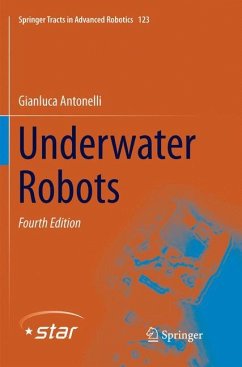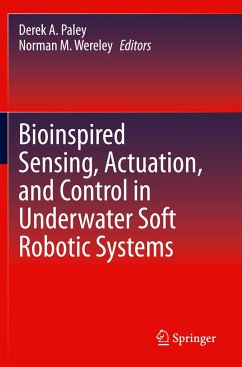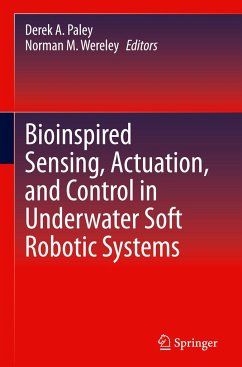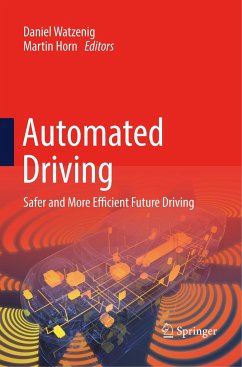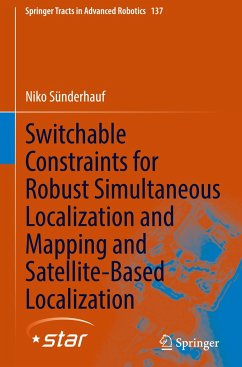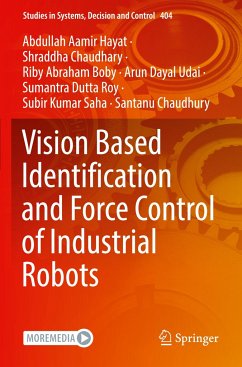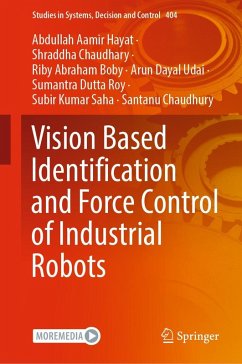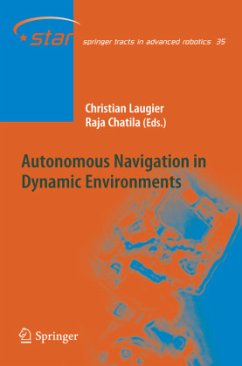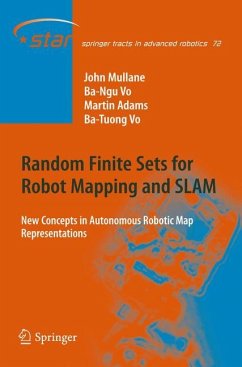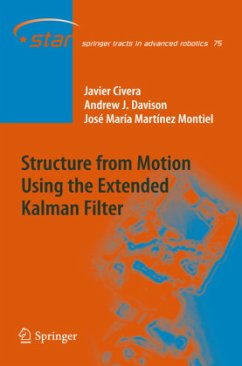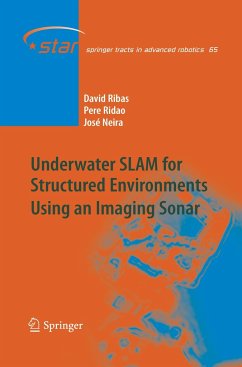
Underwater SLAM for Structured Environments Using an Imaging Sonar

PAYBACK Punkte
38 °P sammeln!
Robotics is undergoing a major transformation in scope and dimension. From a largely dominant industrial focus, robotics is rapidly expanding into human en- ronments and vigorously engaged in its new challenges. Interacting with, assisting, serving, and exploring with humans, the emerging robots will increasingly touch people and their lives. Beyond its impact on physical robots, the body of knowledge robotics has p- duced is revealing a much wider range of applications reaching across diverse research areas and scienti?c disciplines, such as: biomechanics, haptics, neu- sciences, virtual simu...
Robotics is undergoing a major transformation in scope and dimension. From a largely dominant industrial focus, robotics is rapidly expanding into human en- ronments and vigorously engaged in its new challenges. Interacting with, assisting, serving, and exploring with humans, the emerging robots will increasingly touch people and their lives. Beyond its impact on physical robots, the body of knowledge robotics has p- duced is revealing a much wider range of applications reaching across diverse research areas and scienti?c disciplines, such as: biomechanics, haptics, neu- sciences, virtual simulation, animation, surgery, and sensor networks among others. In return, the challenges of the new emerging areas are proving an abundant source of stimulation and insights for the ?eld of robotics. It is indeed at the intersection of disciplines that the most striking advances happen. The SpringerTracts in AdvancedRobotics(STAR) is devoted to bringing to the research community the latest advancesin the robotics ?eld on the basis of their signi?cance and quality. Through a wide and timely dissemination of critical - search developments in robotics, our objective with this series is to promote more exchanges and collaborations among the researchers in the community and c- tribute to further advancements in this rapidly growing ?eld.



